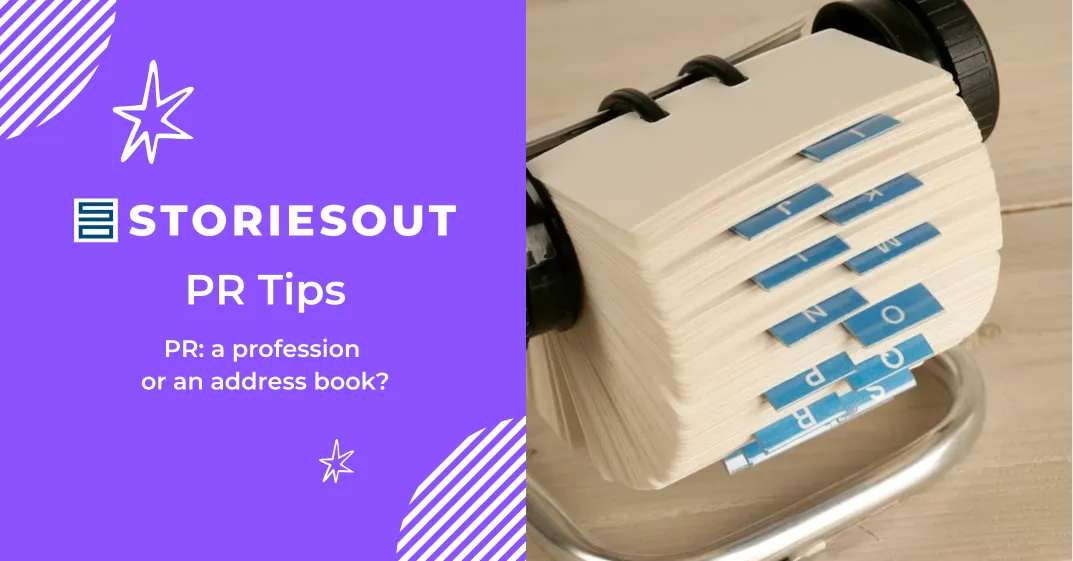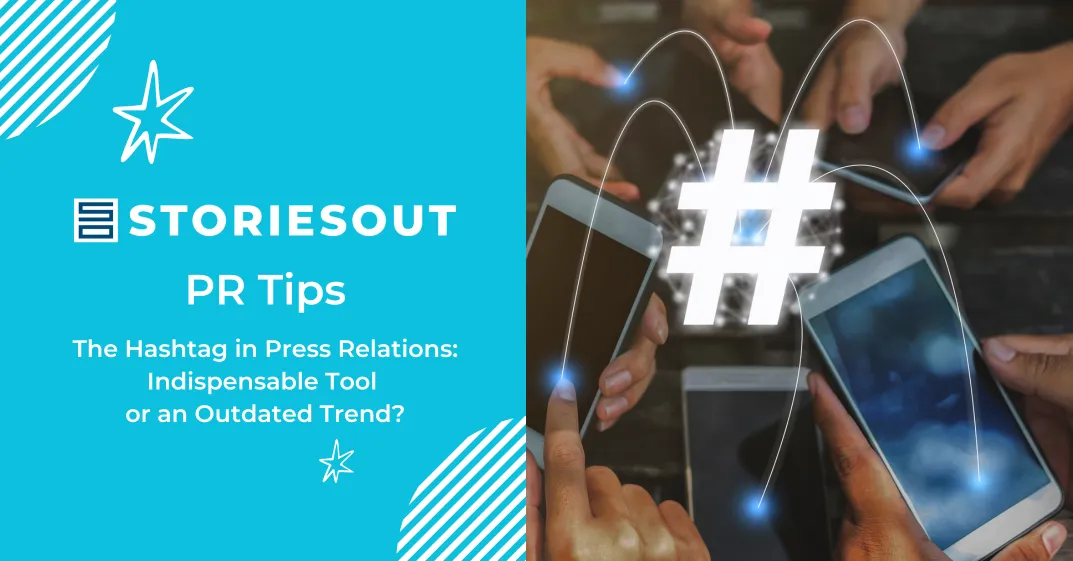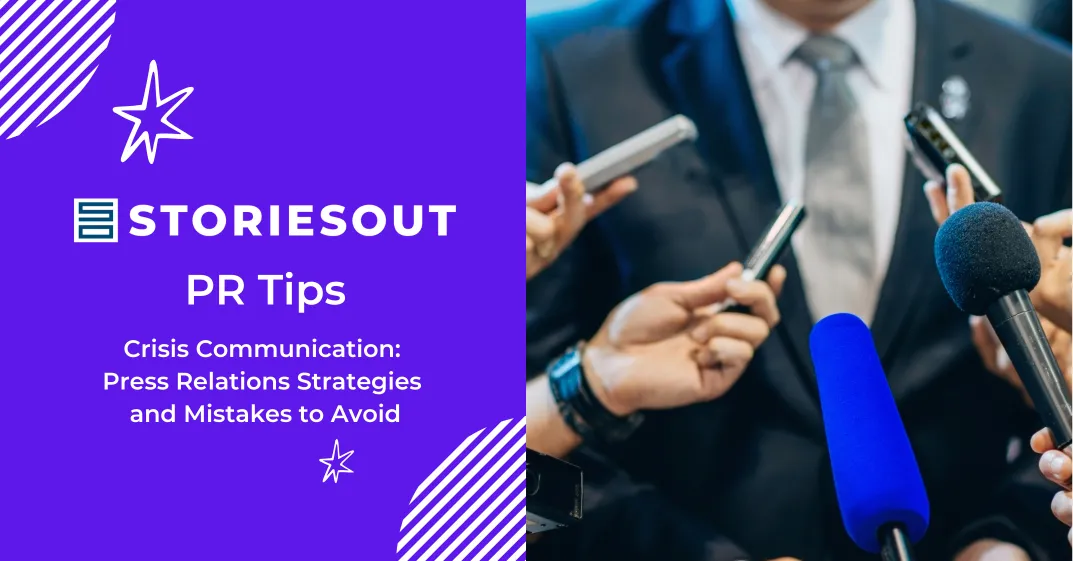Press relations (PR) is much more than just an address book, although the latter can play an important role. PR is a real profession, requiring a wide range of skills that go far beyond simply having contacts in the journalistic world.
1. Press relations as a profession: strategic know-how
PR involves managing communication between an organization (company, institution, association, etc.) and the media in order to promote a positive, credible image. This involves :
- Media knowledge and monitoring: PR professionals need to understand how newsrooms work, identify the right journalists and follow trends to adapt their messages.
- Strategy development: A successful PR campaign depends on rigorous planning. It involves defining key messages, identifying channels and choosing the right times to communicate.
- Content creation: Writing press releases, op-eds and press kits, and organizing events such as conferences, all require editorial and organizational skills.
- Crisis management: When a delicate situation arises, PR plays a crucial role in developing rapid, strategic responses to protect the organization’s reputation.
2. The address book: a tool, not an end in itself
A well-stocked address book is an undeniable asset in the business, but it’s no guarantee of success. Here’s why:
- Quality of relationships: Having contacts isn’t enough. You need to know how to maintain genuine relationships with journalists, providing them with relevant information tailored to their needs.
- Media evolution: The media are constantly changing, with the emergence of new players (bloggers, influencers, digital media). Relying solely on a static address book can quickly become obsolete.
- Message credibility: Journalists are often inundated with requests. What motivates them to respond is the relevance and originality of the content, rather than the personal knowledge of the press attaché.
3. PR in a changing context
With the rise in power of social networks and digital, PR has to adapt and integrate new skills, such as influencer management or data analysis to measure the impact of campaigns. This demonstrates that the profession cannot be reduced to a simple address book.
So, is PR a job or a mere address book?
Press relations is first and foremost a profession, involving a combination of strategic know-how, technical skills and interpersonal skills. The address book is a useful tool, but it cannot replace in-depth work, creativity and the ability to anticipate the needs of the media and the public. A good PR strategy relies on much more than contacts: it relies on expertise.




